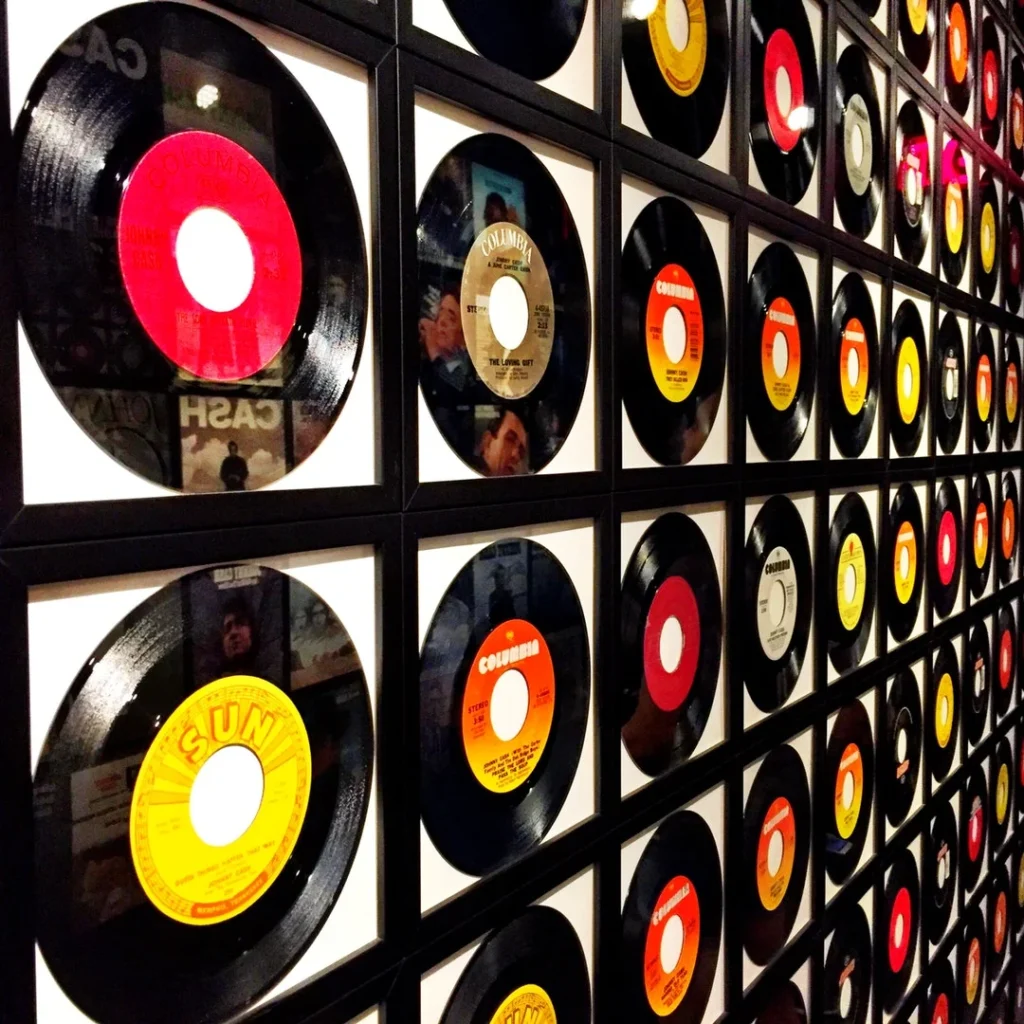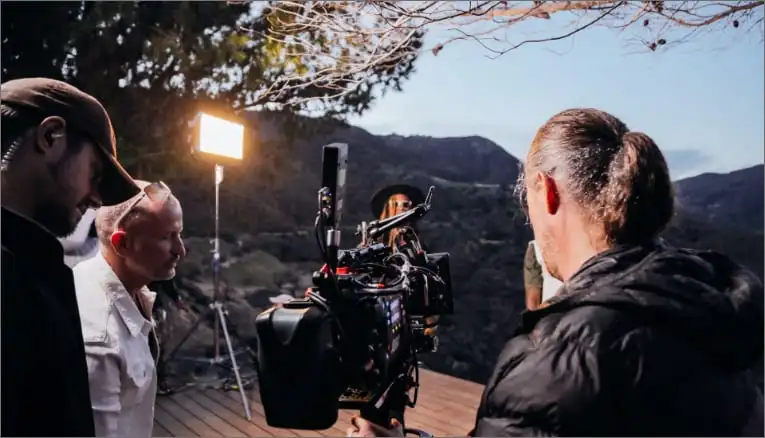A Global Sensation: Reggaeton
Reggaeton, a genre that originated in Puerto Rico, has become a global sensation in recent years. With its infectious beats, catchy melodies, and danceable rhythms, reggaeton has captivated audiences around the world. In this article, we will delve into the evolution of reggaeton in the 2010s, exploring its rise in popularity, the artists who shaped the genre, and the cultural impact it has had.
The Turning Point for Reggaeton in the 2010s
The 2010s marked a significant turning point for reggaeton. While the genre had been popular in Latin America since the 1990s, it began to gain mainstream attention on a global scale during this decade. Artists like Daddy Yankee, Don Omar, and Wisin & Yandel paved the way for reggaeton’s commercial success, releasing chart-topping hits and collaborating with international superstars.
“Despacito”: A Defining Moment
One of the defining moments of reggaeton in the 2010s was the release of the hit single “Despacito” by Luis Fonsi and Daddy Yankee in 2017. The song became a worldwide phenomenon, topping charts in numerous countries and becoming the most-streamed song of all time. “Despacito” not only showcased reggaeton’s crossover appeal but also opened doors for other Latin artists to break into the mainstream music industry.
The Fusion Trend in Reggaeton
Another notable trend in reggaeton during the 2010s was the fusion of the genre with other musical styles. Artists like J Balvin and Maluma incorporated elements of pop, trap, and EDM into their reggaeton tracks, creating a fresh and innovative sound that appealed to a wider audience. This fusion of genres helped reggaeton reach new heights of popularity and solidify its place in the global music scene.
The Impact of Streaming Platforms
The rise of streaming platforms also played a significant role in the success of reggaeton in the 2010s. With the advent of platforms like Spotify and Apple Music, reggaeton artists were able to connect directly with their fans and reach a global audience. Streaming services also made it easier for listeners to discover new artists and explore different subgenres within reggaeton.
Reggaeton’s Cultural Influence
In addition to its musical impact, reggaeton in the 2010s also had a profound cultural influence. The genre’s lyrics often touch on themes of love, partying, and social issues, resonating with listeners from diverse backgrounds. Reggaeton’s popularity has helped to break down cultural barriers and foster a sense of unity among its fans.
The Emergence of Female Artists
The 2010s also saw the emergence of female reggaeton artists who brought a fresh perspective to the genre. Artists like Karol G, Becky G, and Natti Natasha rose to prominence, challenging traditional gender roles and paving the way for more representation within the reggaeton industry. These women not only showcased their talent but also became powerful role models for young girls aspiring to pursue a career in music.
Looking Ahead
Looking ahead, the future of reggaeton in the 2020s seems promising. The genre continues to evolve and adapt, incorporating new sounds and pushing boundaries. With the increasing popularity of Latin music worldwide, reggaeton is poised to reach even greater heights in the coming years.
Wrapping Up: Reggaeton in the 2010s
In conclusion, the 2010s were a transformative decade for reggaeton. The genre’s rise in popularity, the fusion of different musical styles, the impact of streaming platforms, and the cultural influence it had all contributed to its success. As we enter the new decade, reggaeton shows no signs of slowing down, and we can expect to see even more innovation and creativity from the artists shaping the future of the genre.
Key Takeaways:
- Reggaeton experienced a significant turning point in the 2010s, gaining mainstream attention on a global scale.
- Artists like Daddy Yankee, Don Omar, and Wisin & Yandel played a pivotal role in reggaeton’s commercial success during this decade.
- The release of “Despacito” by Luis Fonsi and Daddy Yankee in 2017 marked a defining moment for reggaeton, showcasing its crossover appeal and opening doors for other Latin artists.
- The fusion of reggaeton with other musical styles, such as pop, trap, and EDM, contributed to its popularity and solidified its place in the global music scene.
- Streaming platforms like Spotify and Apple Music played a significant role in reggaeton’s success, allowing artists to connect with fans worldwide and facilitating the discovery of new artists.
- Reggaeton’s lyrics touched on themes that resonated with listeners from diverse backgrounds, fostering unity and breaking down cultural barriers.
- The emergence of female reggaeton artists like Karol G, Becky G, and Natti Natasha challenged gender roles and inspired aspiring musicians.
- The future of reggaeton in the 2020s looks promising, with the genre continuing to evolve and adapt, and its popularity growing worldwide.
If you’re passionate about the music industry and want to learn more about its inner workings, consider enrolling in the “NYU x Billboard | Music Industry Essentials” online course and certificate program offered by Yellowbrick. This program will provide you with valuable insights and knowledge to navigate the dynamic world of music, including topics like artist management, marketing, and entrepreneurship. Take your passion for music to the next level and explore the exciting opportunities that await you in the industry!








